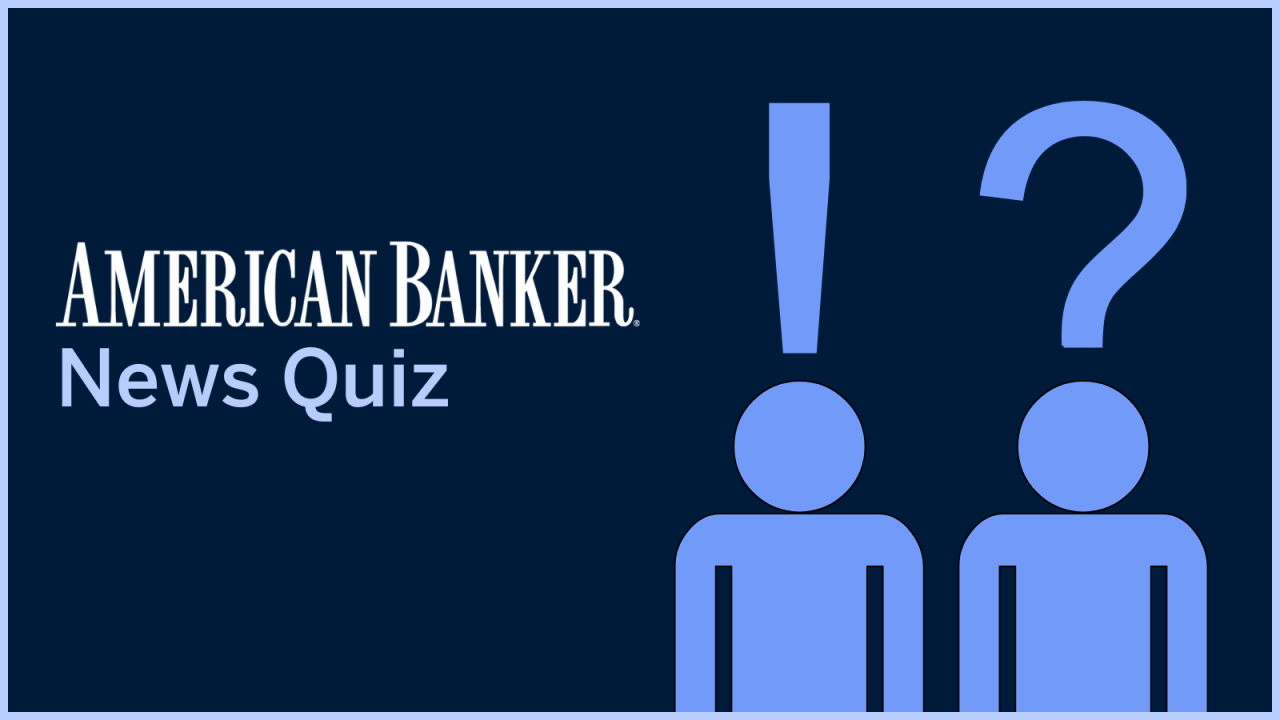
Sam Bankman-Fried struggled on the witness stand in a rare dress rehearsal of what he wants to tell the jury in his trial, the first time in months the world has heard from the former King of Crypto as he attempts to defend the fraud charges against him.
Bankman-Fried spent almost three hours trying to persuade a judge to allow him to testify about the role FTX lawyers played in the lead up to the collapse of the crypto-exchange and the alleged mismanagement of customer funds. U.S. District Judge Lewis Kaplan had previously ruled the 31-year-old couldn't discuss the legal advice during opening arguments, but delayed his expected testimony to decide whether his lawyers could ask him about it in on the stand.
Over the past three weeks, close friends and colleagues have testified that Bankman-Fried orchestrated a fraudulent scheme that led to FTX's collapse. On the stand, he told the judge that lawyers were aware of some decisions, including loan requirements, customer deposits and terms of service. But he dodged questions by prosecutors, often saying he couldn't recall events.
Bankman-Fried "has an interesting way of responding to questions," Kaplan said after one digression. He told him to "listen to the question and answer the question directly."
The once-respected crypto mogul is facing decades in prison on charges that he directed the transfer of FTX customer money into Alameda Research, an affiliated hedge fund, for risky investments, political donations and expensive real estate before both companies spiraled into bankruptcy last year.
Kaplan on Thursday morning said he needed to hear Bankman-Fried's testimony about advice he'd gotten from lawyers before he can decide whether to let the jury hear it. So in a surprise move, he sent jurors home after lunch and let both sides question him on the topic. Kaplan said he'll rule on the issue Friday morning.
Bankman-Fried's team is trying to show that many of the transactions that are the subject of criminal charges were conducted in the full view of lawyers. They're hoping jurors will conclude that he didn't intend to defraud anyone.
Under questioning from his lawyers, Bankman-Fried testified that he believed based on the terms of service that in "many circumstances" Alameda was permitted to borrow funds from FTX and engage in futures trading.
After direct examination, Bankman-Fried received a thumbs-up from his father, Joseph Bankman. But he struggled during cross-examination to remember specific conversations with lawyers he'd been asked about by prosecutors on cross-examination, often following up his answers with further questions about what specific issues they were asking him about.
When prosecutors pushed Bankman-Fried about customer funds, he avoided answering many questions directly, arguing that he doesn't recall specific conversations or decisions that were run by him. By May 2022, Bankman-Fried said he was "aware of some speed bumps in place on Alameda's account" to delay liquidation but didn't know the "exact nature of them."
Bankman-Fried insisted that customer assets were kept separate from the corporate assets. He told the judge that between 2020 and 2021 it was normal for customers to wire money to accounts a bank account held by a subsidiary of Alameda called North Dimension, because FTX was having a hard time getting its own accounts. He confirmed that funds for investments would come from Alameda Research. Sometimes, he said, it was preferable for the money to come from an individual so loans would issued to him and others to make those investments.
"I was thinking about it from a business perspective of trying to find a solution that would check all the boxes," Bankman-Fried said. "I was glad we had found one."
"Yeah, of course," Bankman-Fried said when asked if he took comfort in the fact that lawyers had signed off on those loans.
During the hearing, Bankman-Fried pushed back on prosecutors' arguments that he and other FTX executives used apps that automatically deleted messages to cover up wrongdoing. He said that he actually tried to disable such features around the time the company went bankrupt in November 2022. He said he discussed it with FTX lawyers Ryne Miller and Can Sun, the corporate general counsel who testified at the trial last week.
"My big picture takeaway was that there were certain classes of data that we had very clear retentional policies around," Bankman-Fried said. "Those tended to be regulatory."
Bankman-Fried said he didn't think drafts of documents, including the drafts of seven versions of Alameda balance sheets shared by Caroline Ellison on Signal, needed to be preserved. While he said he did think it was important to memorialize routine company documents and decisions, he was concerned about employees saying something informally on chats that could be taken out of context and be potentially damaging or embarrassing if made public.
He also said that Sun was "heavily involved" in drafting new terms of service released in May 2022, which were updated after FTX moved to the Bahamas and was regulated by the securities commission there. In response to the judge asking whether he read full updated terms of service, Bankman-Fried said he read some parts "in depth" and others he "skimmed over."
Hearing Bankman-Fried's testimony in advance is an unusual procedure in criminal cases, but one that can make sense for all sides, lawyers said.
Prosecutors "don't want the jury to be exposed to these issues if they're going to be out of the case," said Harry Sandick, a former federal prosecutor in New York with the firm Patterson Belknap Webb & Tyler. And it allows the defense to present Bankman-Fried's testimony without getting sidetracked by continual objections, he said.





